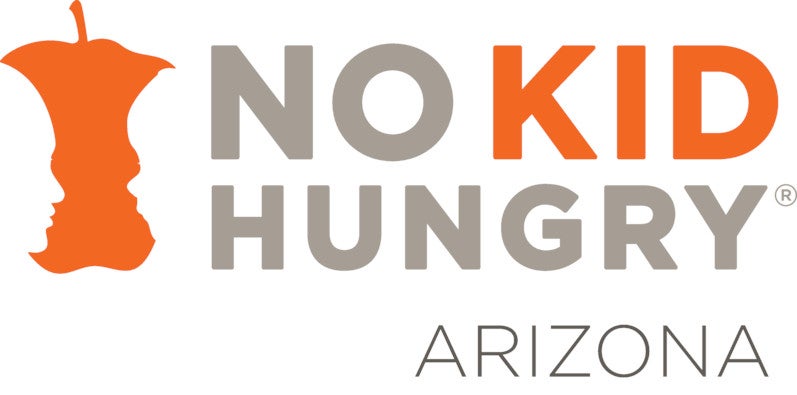Tristan Kitch is the Native American Programs Coordinator with the Arizona Food Bank Network, serving through the national volunteer program AmeriCorps VISTA. He works closely with committees in the White Mountain Apache, San Carlos Apache, and Hualapai Tribes that aim to uncover the root causes of child hunger in their respective communities.
Earlier in my visit, I saw where the tomatoes grew in NDC’s garden among neighboring sunflowers, red corn, melons, and Apache giant squash. I was amazed – all of this food was produced in the sweeping desert landscape of the San Carlos Apache Reservation! The temperature is often just a few degrees “cooler” than it is in my new home of Phoenix. This desert bore more fruit than a guy from Indiana like me could have ever imagined. That sight brought me the same delight that cherry tomato did.
NDC is one of many organizations in Arizona Tribes that bring a new meaning to “food desert”—or rather, reveal a flaw in the term. “Food deserts” are areas with few grocery stores compared to the number of people in the area, the assumption being that no grocery stores mean no food. Most reservations in Arizona (and in the United States) are “food deserts” under this definition. But the real desert is an area rich with diverse, nutritious foods. Tribes have lived off Arizona’s desert landscape for thousands of years by using a combination of farming, foraging, fishing, and/or hunting (depending on the Tribe).
After meeting with NDC and their partners, cherry tomatoes have a new symbolic meaning to me. When I see one now, I think of the relationships built and strengthened at the Life Center that day, as we met to discuss ways to increase access to nutritious Apache food in San Carlos. I now appreciate all cherry tomatoes, even the watery ones! The burst of flavor from the NDC tomato taught me what taste to look for in other cherry tomatoes, and the warm memories of this visit to NDC come flooding back any time I eat one.
Cherry tomatoes are a symbol and will forever remind me of something critical I learned working with Arizona Tribes: Food carries integral cultural and personal significance. It’s my goal to acknowledge this and hold space to discuss this when I work with Tribal partners. After all, the Tribes have the answers to food access issues they face! This will make my work as relevant and helpful to them as possible.
The excellent cherry tomato that I had resulted from their critical work – it was just one of the hundreds of threads that weave the tapestry of NDC. Others include Apache foods, restorative agriculture programs for incarcerated youth, open mic nights, and art classes, to mention just a few. Community organizations like NDC don’t just provide food. They also engage the community in growing food in ways that affirm the culture and traditions of the Tribe. People need food that not only fills their bellies but also nourishes their hearts. After all, food is more than just something you eat. Food is memory and a lesson about the world.


